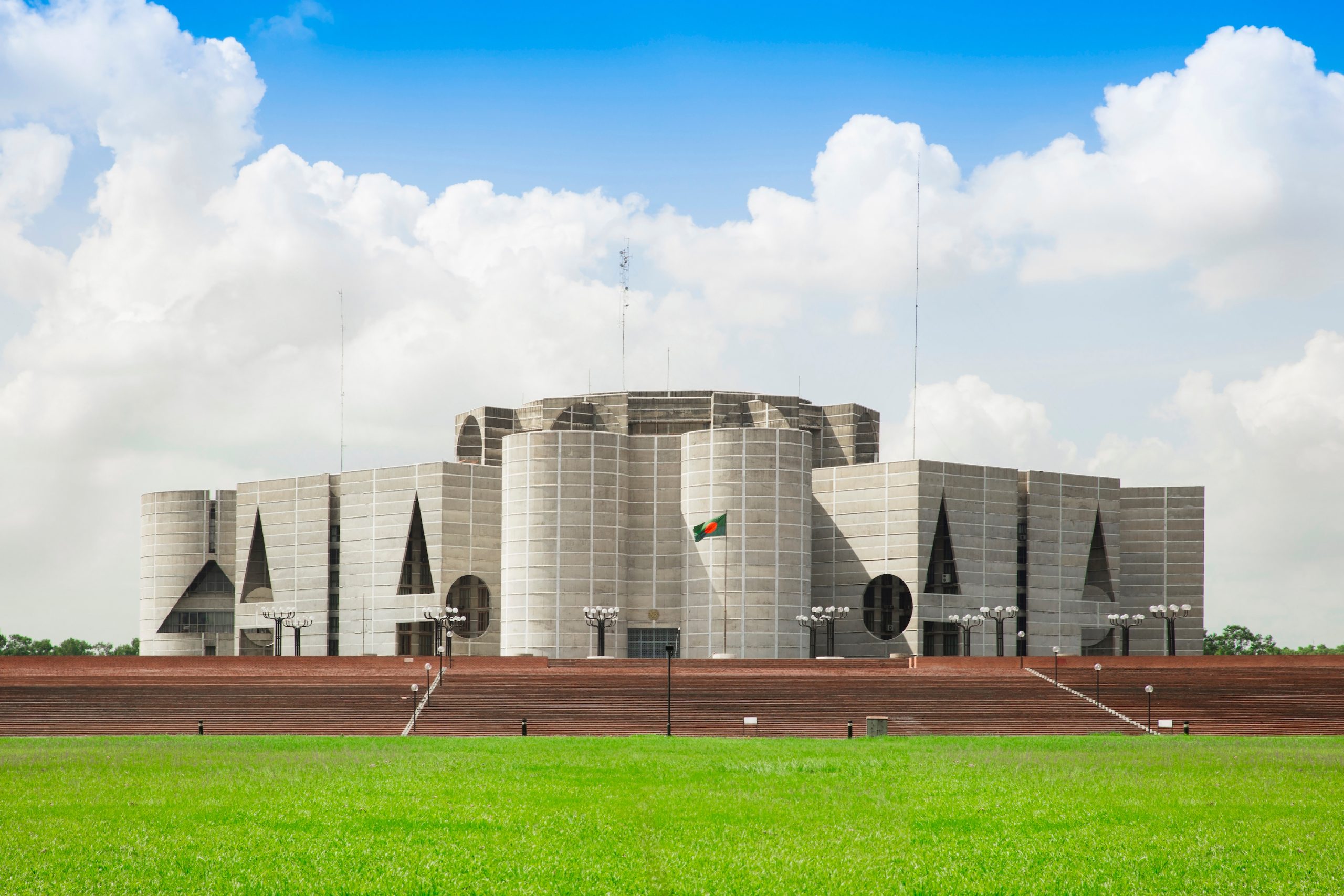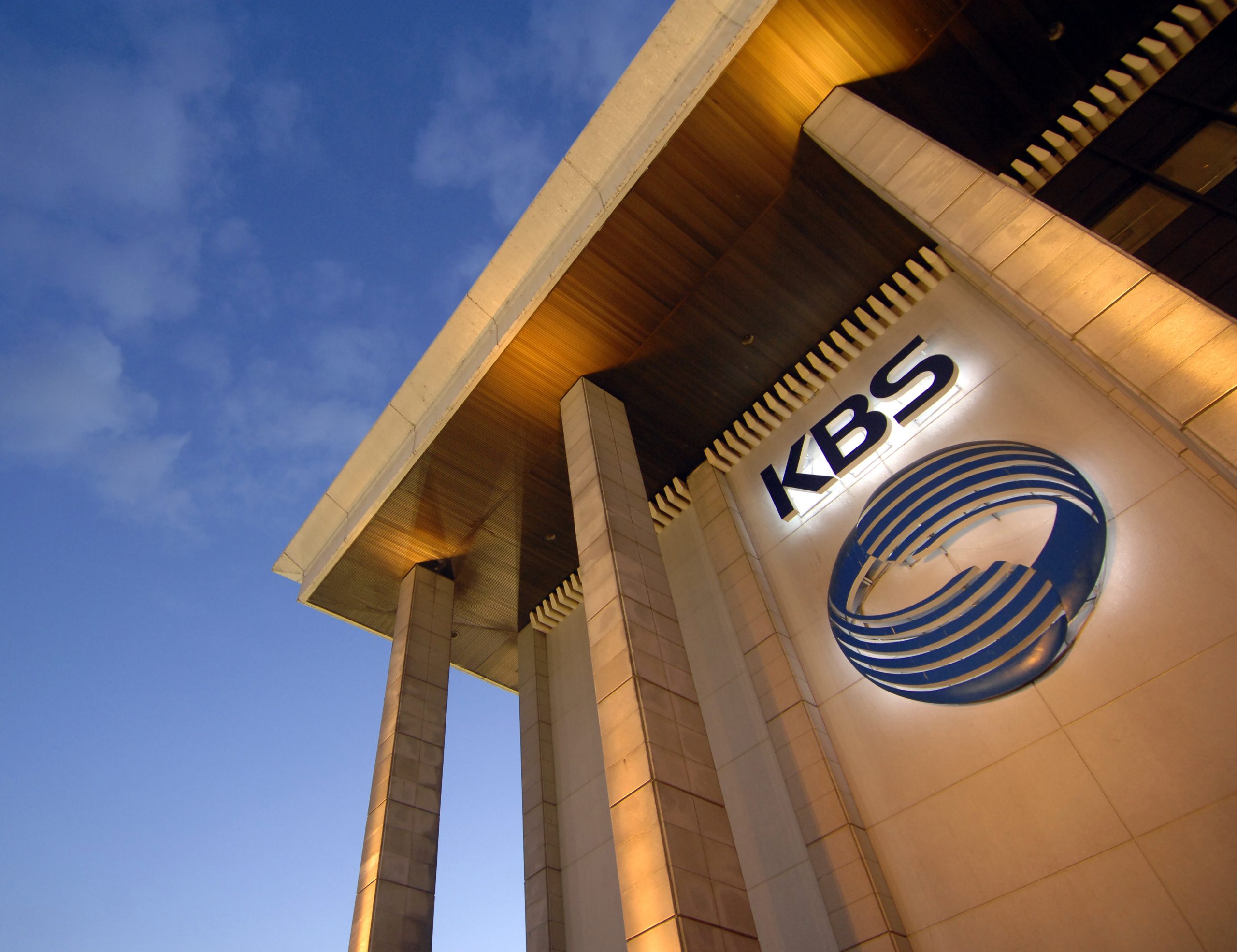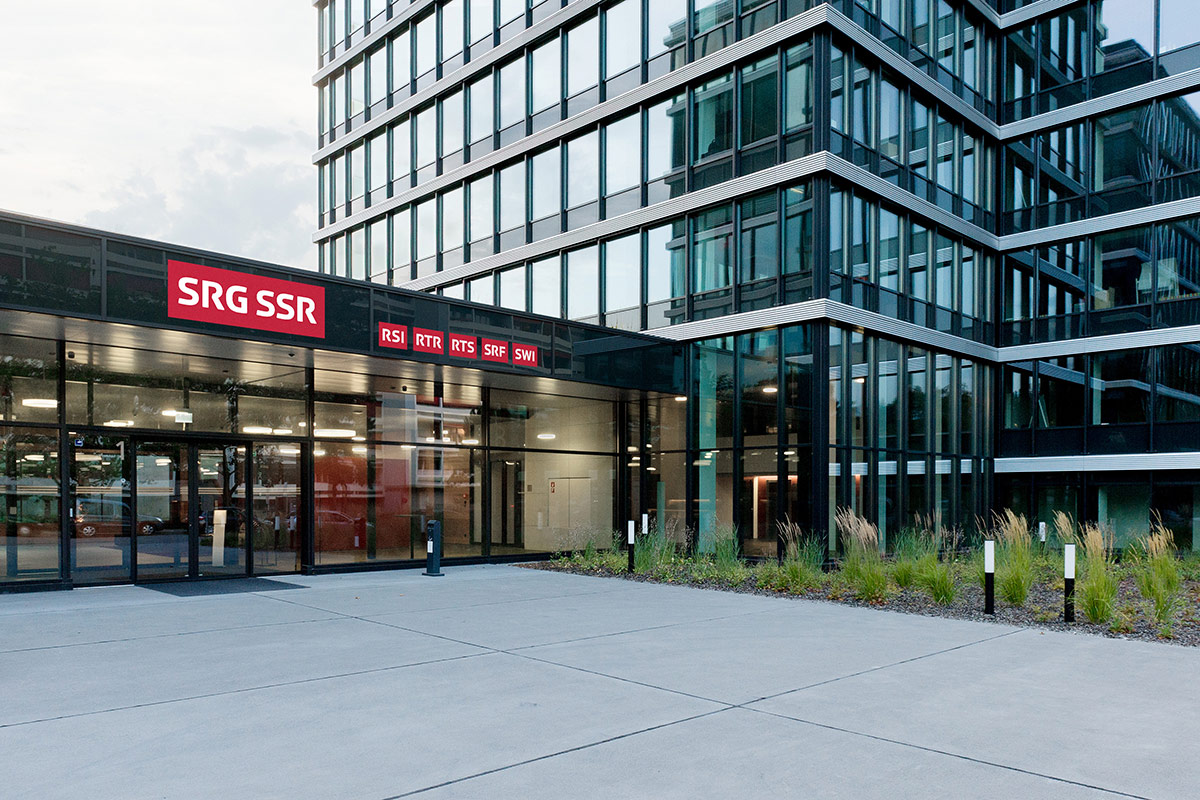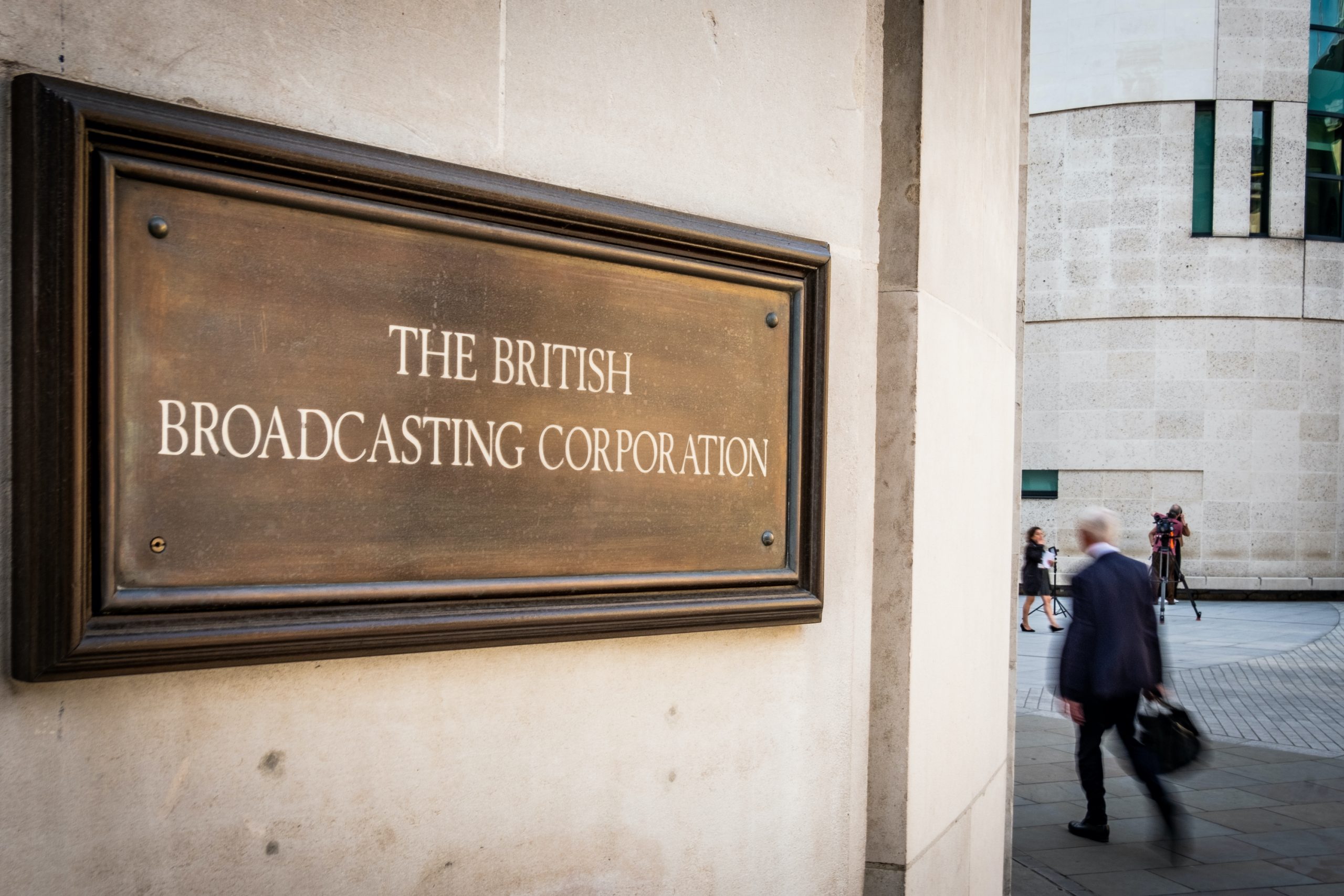The PMA Briefing
On the brink of reform
24 June 2025
A new committee has been created to oversee broadcasting reform in Bangladesh; has a merger of French public media ever been closer? And might KBS get its first licence fee increase in nearly a half century? Meanwhile, Czech TV managements asks for a review into possible interference.
Bangladesh: New committee established to safeguard national broadcasters
A five-person committee has been created, tasked with reviewing media policies and establishing safeguards to protect the independence of BTV and Bangladesh Betar. According to The Business Standard, the committee will look to make recommendations on what steps must be taken to ensure the broadcasters become truly independent public service media. Chairing the group will be Education Adviser CR Abrar.
The establishment of the committee was one of the recommendations of the Media Reform Commission, launched by the interim government in the wake of the overthrow of the Sheikh Hasina government last year. The Commission submitted its report to the Ministry of Information and Broadcasting in March.
It comes as Hosne Ara Taludker was appointed as the new Director General of Bangladesh Betar.

France: Strikes ahead as major PSM reform nears completion
Unions have called for strikes at the French public broadcasters, after reform proposals returned to the negotiating table of the National Assembly. The legislation would combine the three public media institutions, France Télévisions, Radio France and the INA under one holding company.
France Médias Monde, the international branch of France’s public broadcasters, which was initially concerned by this reform, has now been excluded. This umbrella organisation would have the responsibility of defining the strategy of the different public broadcasters, improving cooperation and providing a “permanent, sufficient, predictable” source of funding.
After being set aside last year, the reform proposal was passed by the Senate on 18 June. It still has to be adopted by the National Assembly, which will debate the issue next week.
In response to the holding creation plan, the workers Unions of Radio France and France Télévisions called for unlimited strike action from 30 June. According to the Unions, the reform would have “serious consequences” if it is adopted, given the budget cuts the broadcasters are already dealing with.

South Korea: KBS President calls for licence fee increase
The President of KBS, Park Jang-beom, has proposed increasing the KBS licence fee by 500 won, up to 3000 won per month (2.21 USD). The call came during a meeting of the National Viewers’ Committee, the body which represents audiences at the executive level.
If implemented, it would be the first time in 44 years that the licence fee is increased, and comes after KBS said it is facing an expected deficit of 100 billion won (7.3 million USD), due to the rise of streaming services, and declining advertising revenue. But, more positively for KBS, the collection of the licence fee will be re-integrated with electricity bills, one year after these two payments were separated, at great cost to KBS.
However, any increase in licence fee will have to be approved by the National Assembly, and there has been some criticism that the Jang-beom, appointed by the ousted President, Yoon Seok-Yeol, is using the ploy as a way of staying in post. One anonymous KBS reporter, speaking to the Journalists Association of Korea, said, ““I see this as a desperate measure to secure President Park’s term. … The most urgent task is to work towards a stable settlement according to the system change by the end of October when the integrated collection plan is implemented.”

Czechia: Review into possible interference
The management at Czech Television has asked for a review amid speculation there was political interference in the election of a new director general.
The previous CEO, Jan Souček, was sacked earlier this month, but local media has reported that the process to find a replacement had been influenced by some senior staff who had sent text messages urging members of the Television Council not to vote for particular candidates.
“We consider any attempts to interfere with the independent decision-making process to be unacceptable and unethical,” the broadcaster said in a brief statement. “Such actions undermine public trust in the transparency and independence of a public service institution.”
CT said Deputy Director General Michal Fila wrote the letter asking for an opinion from the TV Council on whether the election was influenced or not.
Editorial staff have also complained the election process was politically influenced. In a letter, they also hit back against some statements made by candidates, which were disparaging about their reporting, which they said were “an attempt to destabilise and weaken the role of the largest media organization in this country.”

UK: BBC threatens action against AI company
The BBC has written to the US-based AI company, Perplexity, threatening legal action unless it stops using BBC content. The public broadcaster accused Perplexity of “copyright infringement”. Perplexity AI is an AI-powered chatbot search engine, which uses AI to produce answers to users’ questions. Founded in 2022, it has ramped up in valuation and users.
According to the BBC report, the letter demands not only a halt to the use of BBC content, and the deletion of any BBC content that is stored on the platform, but also financial compensation for using it in the first place.
The BBC is not the first outlet to attempt to stop tech companies such as Perplexity from scraping their content for their own platforms. Newspapers in the US and Indian media have recently taken legal action against Chat GPT. In the UK, the head of the BBC and of Sky both recently criticised government proposals which would waive copyright protections and allow tech companies use their content.

Featured Image: Seoul, South Korea – Low angle view of KBS(Korean Broadcasting System) building. Credit: Stock for you / Shutterstock.com
Related Posts
17th June 2025
Can cuts to public media be avoided? | The PMA Briefing
As the Swiss National Council rejects a…



